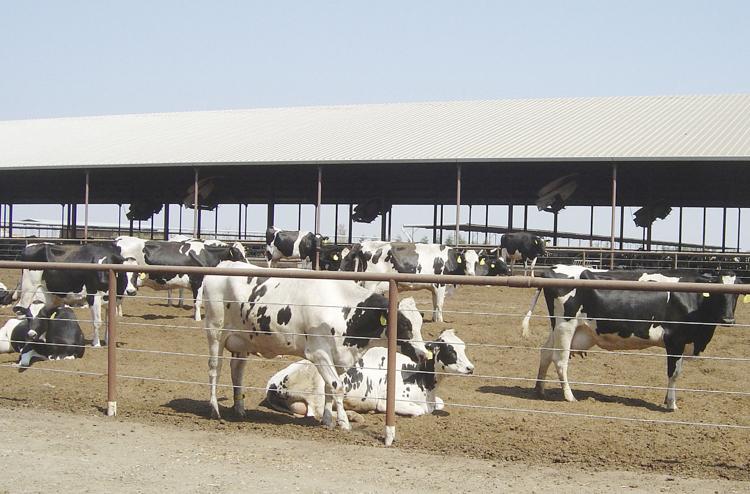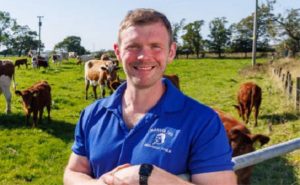Judge James Arguelles denied a petition for a writ of mandate to order the California Department of Food and Agriculture to vacate the Quota Implementation Plan and cease all QIP operations.
The petition by Stop QIP Tax Coalition argued QIP is invalid because CDFA did not hold a public hearing on the plan before adopting it and did not include it in the state’s pooling plan.
The quota program harkens back to the state’s Gonsalves Milk Pooling Act of 1967 and pays a $1.70 per hundredweight premium to quota holders. When dairy farmers voted to abandon their state milk marketing program to join the federal marketing order system, USDA allowed the state to continue administering and enforcing a stand-alone quota program.
The state Legislature granted CDFA authority to establish the program in 2017. Dairy farmers approved the Quota Implementation Plan in a statewide referendum, and both the federal milk marketing order and QIP took effect in November 2018.
The law authorizing CDFA to establish the stand-alone program was codified in Section 62757 of the state’s Food and Agriculture Code. Stop QIP argued that section cites Sections 62716 and 62717, which outline the referendum process following a required hearing.
“In petitioner’s view, the citation to Sections 62716 and 62717 was intended to incorporate the hearings referenced in those sections. The court, however, disagrees,” Arguelles stated in his ruling.
Section 62757 requires the stand-alone program be “approved by a statewide referendum of producers,” and the referendum must be “conducted pursuant to Sections 62716 and 62717.
“But referendums are not hearings, and the incorporation of referendum provisions in Sections 62716 and 62717 should not be read as the incorporation of every other provision in these sections,” Arguelles stated.
“As other sections in the statutory scheme demonstrate, the Legislature knows how to insert the word ‘hearing’ into a statute and impose a hearing requirement,” he said.
“Because Section 62757 does not contain the word ‘hearing,’ and does not expressly incorporate any hearing requirements in another section within the scheme, it does not incorporate the hearing requirements on which Petitioner relies,” he said.
The judge also shot down Stop QIP’s argument regarding inclusion of the stand-alone program in the state’s marketing order prior to the federal order.
Section 62757 also states the details of the program shall be included in the pooling plan.
Stop QIP argued the Legislature must have intended for CDFA to establish the stand-alone program by amending the state marketing order pooling plan and must have intended compliance with hearing procedures required for amendments.
Arguelles found several faults in the argument.
“If the Legislature wanted to require a hearing or amendment as part of the establishment of a stand-alone quota program as set forth under Section 62757, it seems much more likely that it simply would have inserted such requirements into the statute,” he said.
The ruling was the second blow to Stop QIP’s attempts to halt the quota program in a little over a week. On July 27, an administrative law judge found a separate petition by the group calling for referendum on continuing the quota program was “legally defective.”













